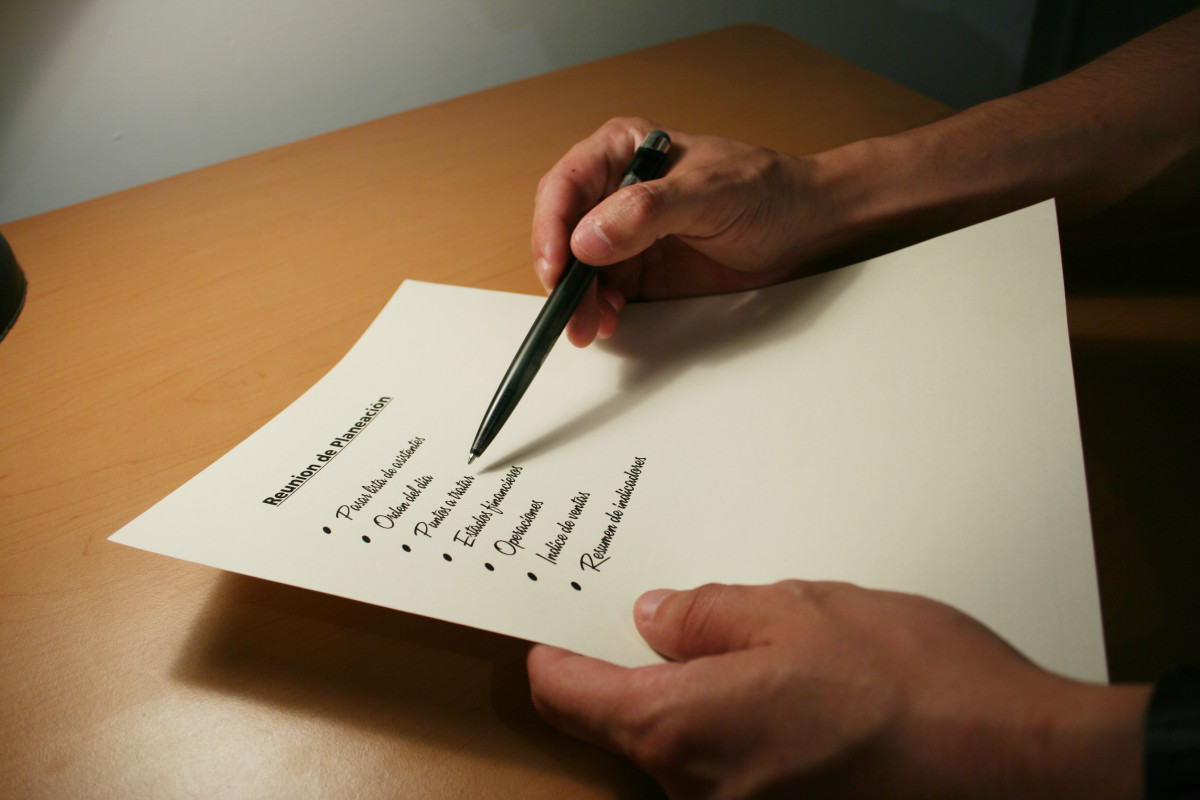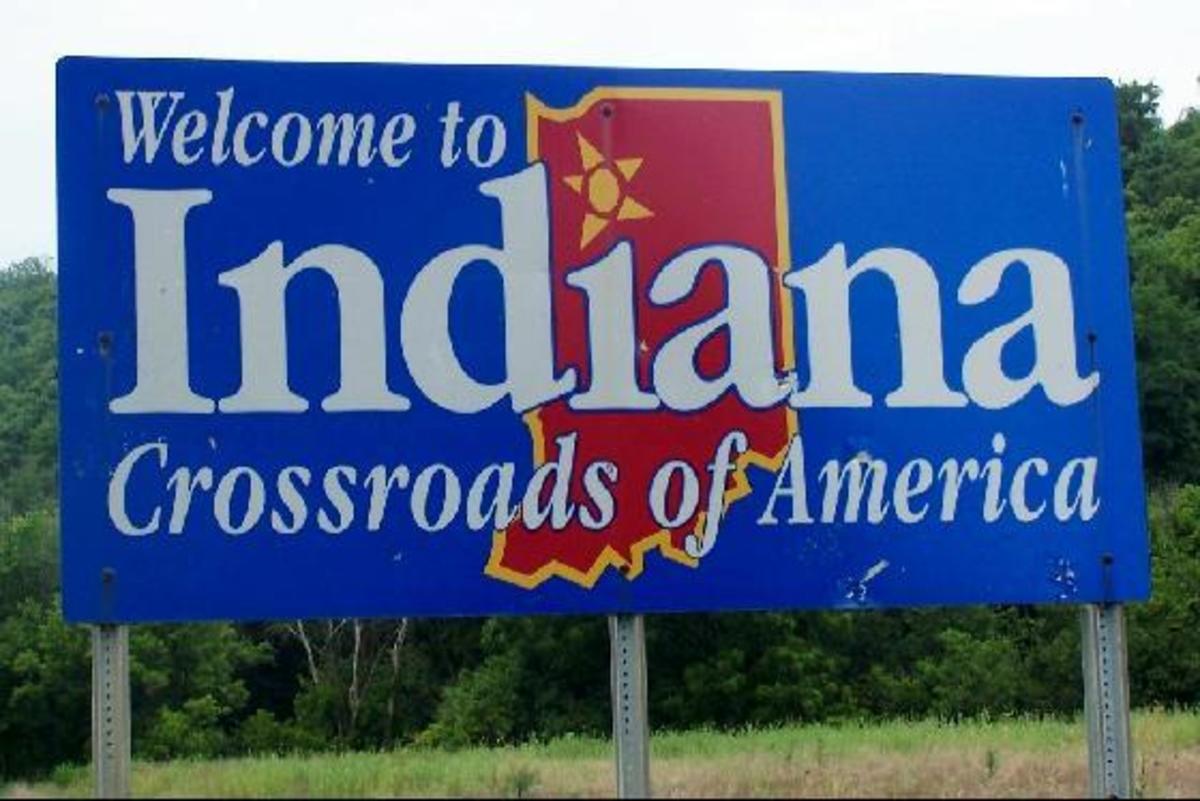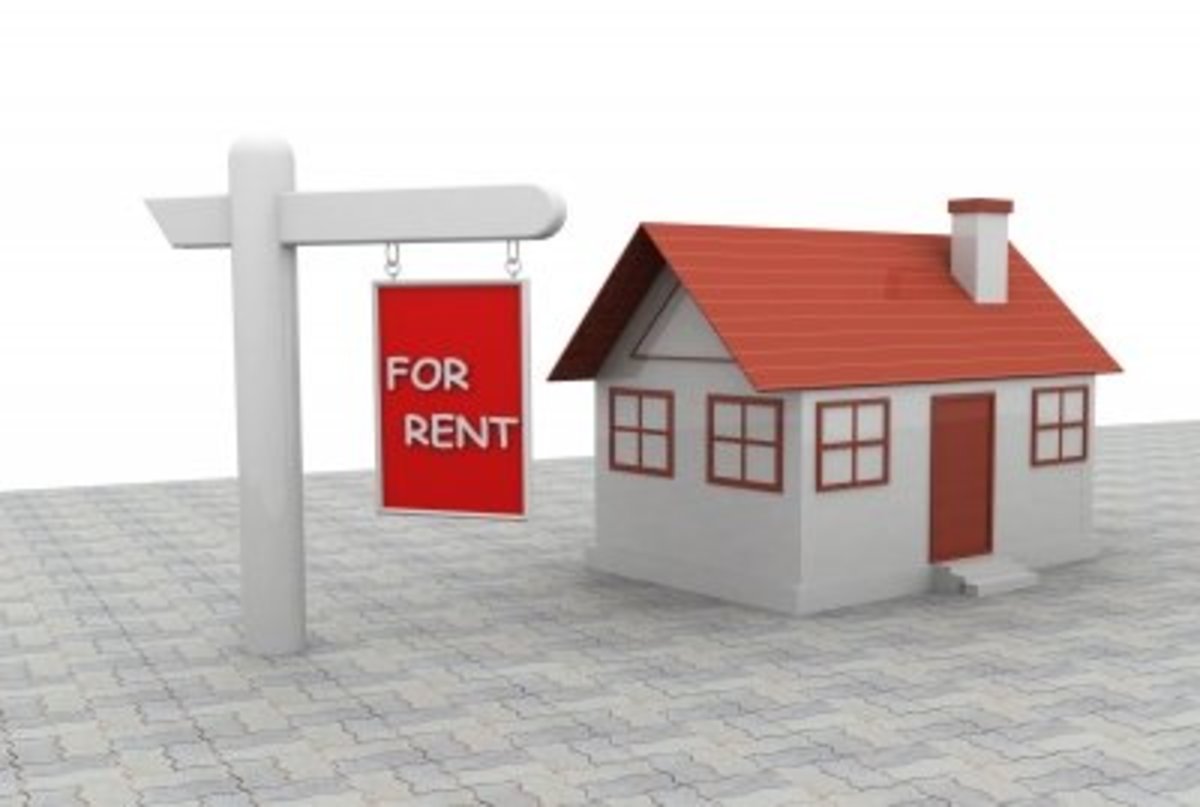Stopping Wage Garnishment: What to Do When You Are Already Paying Off Your Debts

Wage Garnishment Basics
Wage garnishment is a collection procedure that creditors can use to recover money from unpaid debts. The IRS, state tax bureaus, student loan lenders and child support agencies all have the option of garnishing your wages if they have exhausted other collection methods. In order to garnish your wages, the party you owe money will have to first obtain a court order in most cases, explains the U.S. Department of Labor Wage and Hour Division. To stop wage garnishment, you will need to show the court that you are making regular payments. Alternatively, you can stop wage garnishment by paying off your debts in full or filing for bankruptcy, which will automatically stop money from being taken out of your paycheck.
Payment Plans
Until the court has evidence that you are able to make regular payments, they will generally not stop the garnishment order. For example, if you in default on a student loan but have not yet worked with your lender to find a monthly payment program that fits your budget, the court may continue to garnish your wages until you can reach a mutually agreeable settlement. Thus, it is important to stay in regular contact with your creditors if they are garnishing your wages or have threatened to do so.
Each state has its own process of stopping garnishment, however. For instance, the state of Michigan has a specific form that you can fill out that lists your debts owed to the creditor, monthly expenses, your monthly income and the amount that is being garnished and the amount you are able to pay back each month. This amount may be less than the amount being garnished if you can show that court that the garnishment amount places you in significant financial hardship. After you have proposed your new payment plan to the court, a judge will review review this document and decide whether to overturn the garnishment order. He or she may be likely to do so if you only stopped making regular payments after experiencing significant financial setbacks, such as a temporary illness, job loss, or divorce.
Basics on the Main Types of Wage Garnishment

Outside Agreements
If you have made an agreement with a creditor outside of court and have settled the debt, you will also need to notify the court and file a petition to terminate the garnishment. In addition to filing your petition to stop garnishment, you will need to show evidence that you are satisfying your debts. For example, provide any written settlement agreements you reached with your creditors, along with copies of any cancelled checks you made for payments to your creditor after the garnishment. While the creditor may submit this document to the court, they may not always do so. In such a case, it is your responsibility to notify the judge that you settled out of court.
Although agreements with creditors outside of court may be a good way to stop garnishments, take time to read any settlement offers carefully before accepting them. These offers may come with catches, such as higher interest. Further, if you unclear about any of the terms of the settlement or if the amount of debt listed in the settlement does not reflect your records, consider retaining an attorney. If you cannot afford a private lawyer, organizations such as Legal Aid can help you work through settlement documents at little or no cost.
One-Time Payments
If you were able to make a one-time payment to your creditor to reduce your debt, but could not settle it in full, the court may be willing to stop your garnishment if you can show you are able to make regular payments. This will usually be the case if you have had a significant change in your financial circumstances--for example, if you got a new job or received a windfall payment or inheritance.
If you cannot establish that you are able to make regular, monthly payments, the court may be able to reduce the amount garnished every month based on the new, lowered amount of your debt. Like other modifications of garnishment agreements, you will need to submit a court petition and supporting evidence before a judge will consider your request. Usually, this will me outlining your debts and assets, such as your home and car.

Maintain Detailed Records
Without evidence that you are fulfilling your debt obligations, it will be difficult, if not impossible, to stop a wage garnishment. Thus, to ensure that you can provide the court with enough evidence to stop seizing your wages, you will need to show concrete documentation:
- If you make payments through money orders or cash, retain copies of your receipts. If you use checks, keep copies of the cashed checks to prove that your creditor received them.
- Start a log of all contact you make with your debt collectors, including the times and dates of your conversations and the name and title of the persons with whom you spoke.
- If possible, ask for all payment agreements in writing.
- Obtain copies of the original monies you owed, as well as the amount of interest you have accrued through non-payment.
- Obtain copies of your pay stubs that list the amount garnished from each check.
- Maintained a detailed budget, including your income and all expenditures, including rent, mortgage, utilities, any child support or alimony payments, auto payments, and payments you make on all other debts.
By keeping good records, you can avoid continued garnishment if a creditor fails to record your payments.

Garnishment Last-Case Scenarios: Bankruptcy
If you have a large amount of debt and are unable to stop garnishments, even after making payments to your creditor, it may be beneficial to speak with a bankruptcy attorney. In cases of significant debts that you cannot pay off without compromising your ability to maintain a basic standard of living, bankruptcy may be a good option. In personal bankruptcies, you will generally have two options: Chapter 7 bankruptcy and Chapter 13 bankruptcy. Once you file for either form and the court approves it, the judge will enter what is known as an "automatic stay." This will prevent creditors from attempting to collect monies from you--including garnishing your wages. However, in either form of bankruptcy, your creditors will attempt to collect the monies due from you. In a Chapter 7 bankruptcy, this may include selling some of your assets, if you have property of substantial value.
If your wages are being garnished because of delinquent student loans, however, a bankruptcy may not solve your garnishment issue; in most cases student loans--either private or government-backed--cannot be discharged in a bankruptcy. That said, you may be able to work out a new payment arrangement that does not involve garnishment in a Chapter 13 bankruptcy, which creates a workable repayment plan.
Further Reading on Wage Garnishment
- http://www.wtls.org/images/Goodyear/Garnishment%20and%20Slow%20Pay.pdf
Information on preventing wage garnishment from the Legal Aid Society of Middle Tennessee and the Cumberlands - Garnishment & Installment Payments — Michigan Legal Aid
Wage garnishment basics and information on payment plans, courtesy of Michigan Legal Aid. - http://www.dol.gov/whd/regs/compliance/whdfs30.pdf
Information on wage garnishment from the United States Department of Labor









